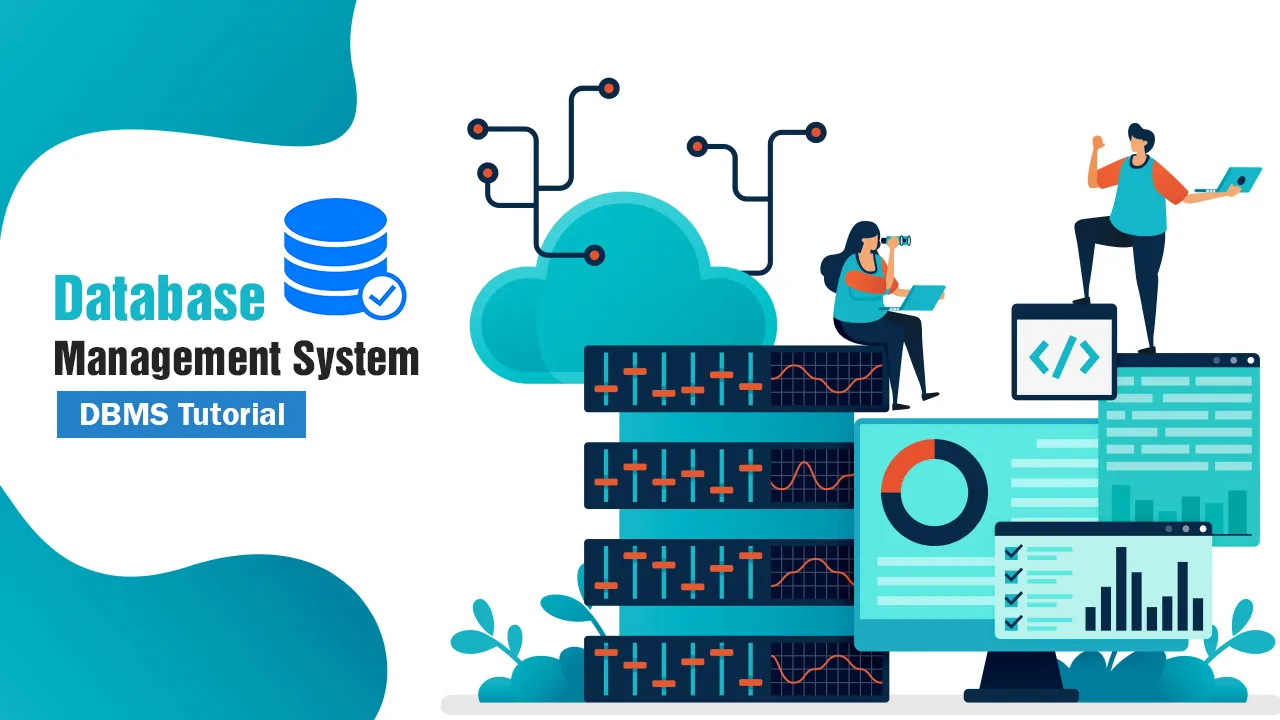The collection of similar data in one place refers to a database. Let’s not confuse it with data. Data is a collection of information in the form of facts and figures. The database allows users to manipulate data according to their comfort.
This includes retrieval, insertions, and removal of data. It organizes data in tabular, graphical, and many more forms. The database management system is software to help users in managing data.
It provides an interface for the users to handle data in various forms. This may be during database creating or during the time of update. It also ensures that the data is safe all time while maintaining consistency.
Data Definition Language is the scheme that the system follows to see what data will look like in the database. Some famous database management softwares are – MySQL, Oracle, etc. The task of the database management system includes –
1. Data Updation – It is where all the changes in data are made. This may be the addition, removal, or modification of data.
2. Data Retrieval – It allows retrieval of the data from the database for application usage.
**3. User Administration **– It registers, monitors, maintains and enforces data all the time. This includes securing it, controlling it, managing its performance, and recovering information in case of failure.
History of Database Management System
- Charles Bachman came up with the first DBMS system in 1960.
- Codd by IBM’S Information Management System enters in 1970.
- Peter Chen introduces the Entity-relationship model in 1976.
- The Relational Model became a database component in 1980.
- Object-oriented DBMS develops in 1985
- The incorporation of object orientation in DBMS takes place in the 1990s.
- A personal DBMS by Microsoft – MS access came out in 1991.
- The first Internet database applications came out in 1995.
- XML became relevant to database processing in 1997.
#computer basics tutorials #advantages of dbms #applications of a dbms #architecture of dbms #basic dbms commands #components of a dbms #database management system #database schema #dbms #dbms vs. flat file #disadvantages of dbms #features of dbms #important dbms terms #popular dbms software #types of dbms #users of dbms
